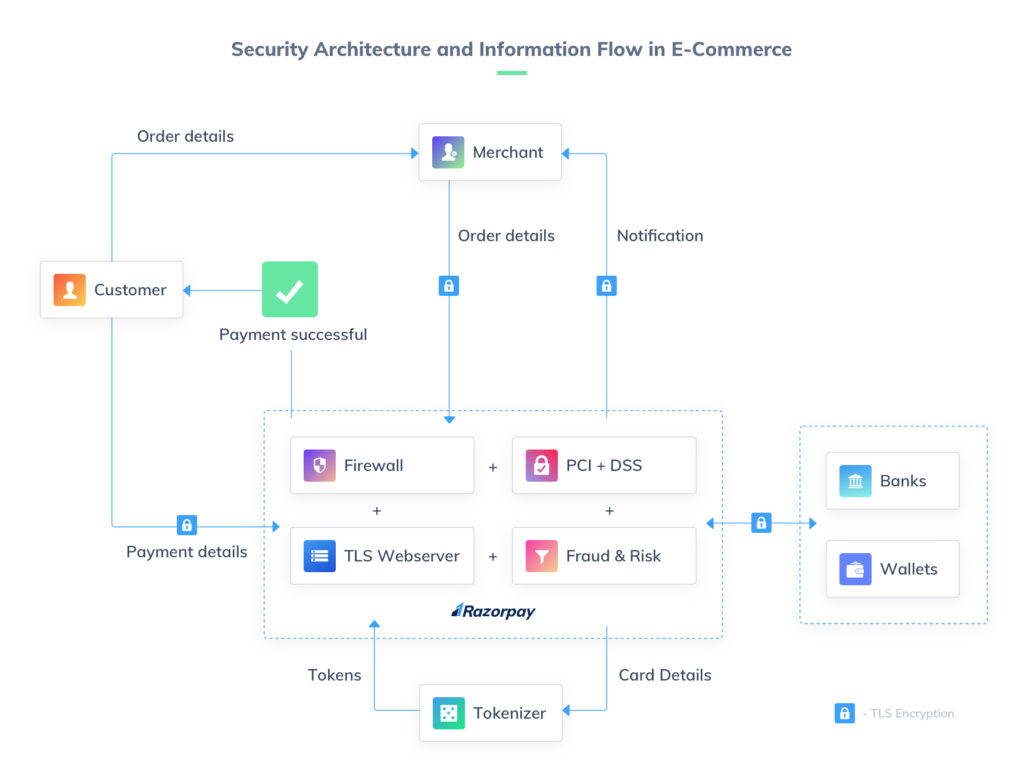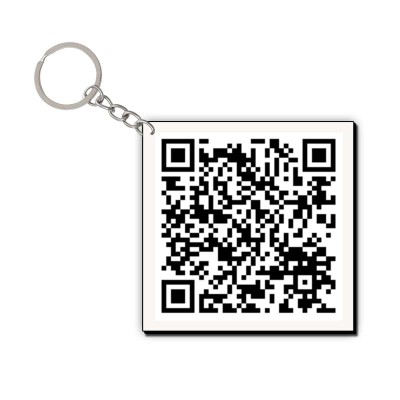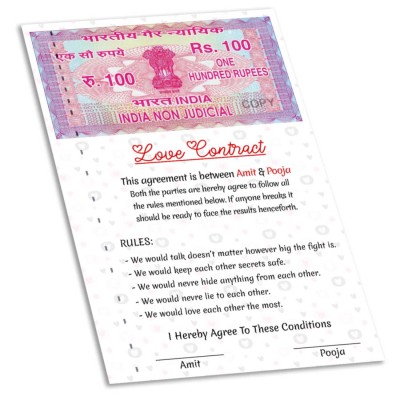Payment Method
Secure Payment Gateways
To protect your online transaction
and to make sure you are safe from cybercrime, we accept payment through trusted payment gateway like RazorPay and PayU Money. Also, to protect your
personal information, we take reasonable precautions and follow industry best
practices to make sure it is not inappropriately lost, misused, accessed,
disclosed, altered or destroyed. If you provide us with your credit card
information, the information is encrypted using secure socket layer technology
(SSL) and stored with AES-256 encryption. Although no method of transmission
over the Internet or electronic storage is 100% secure, we follow all PCI-DSS
requirements and implement additional generally accepted industry standards.
All your transactions are secured with 128 bit SSL encryption and two-factor authentication.
RazorPay-
RazorPay is one of the most popular and safest payment gateway in India with best in class performance. Razorpay is used in Famous websites like IRCTC, Zomato, Aitel, Audi and so many more.
1. TCL Encryption
Data security on e-commerce websites or an online payment system begins the moment a user lands on the site. The TLS Certificate tells users that the data transmitted between the web server and their browser is safe.
2. PCI-DSS Compliance
The PCI Security Standards Council is a global organization that maintains and promotes compliance rules for managing cardholder data for all e-commerce websites and online payment systems.
The Payment Card Industry Data Security Standards (PCI-DSS) is in effect a set of policies that govern how sensitive cardholder information should be handled.
3. Tokenization
Tokenization is a process by which a 16-digit card number gets replaced by a digital identifier known as a ‘token’. This is done to ensure the safety of the original data while allowing payment gateways to securely access the cardholder data and initiate a secure payment.
Credit card tokenization helps e-commerce websites improve security, as it eliminates the need for storing credit card data, and reduces security breaches.
4. Two-Factor Authentication
Two Factor Authentication, aka 2FA, or two-step verification is an extra layer of security added by e-commerce websites to ensure a secure payment for a customer.
This is a customer-facing authentication process, mandated by regulatory bodies like RBI, in that the transaction is processed only after the user enters a detail that only they could know, or have at hand (like a physical token or a security key). Many banks and other e-payment gateways also use the 2FA for their own payment modes.
5. Fraud Prevention
Apart from these mandatory protocols, most e-commerce websites and payment gateways have their own fraud and risk prevention systems. Big data analytics and machine learning play a huge role in devising these risk prevention and mitigation systems.
By delving into our customer’s data and analysing patterns, we at Razopray can discern between a ‘normal’ and a ‘suspicious’ transaction with credible accuracy. Apart from this, there is a lot that you as a customer can do to reduce the risk of fraud.

For More Details Click Here.
PayU Money-
PayU provides state-of-the-art payment gateway solutions to online businesses through its cutting-edge and award-winning technology.
PayU India is the flagship company of Naspers group which is a $25 Billion internet and media conglomerate listed on London and Johannesburg stock exchanges respectively.
Always remember that:
– Anyone of importance will never ask for your card data/passwords/otp up front. Banks and financial service providers have a safe protocol to gain admin access to an account if the need ever arises.
– Passwords are safer when you don’t write them down. Keep strong passwords that you can remember, change them frequently, and refrain from writing them down somewhere.
– You have the right to dispute suspicious charges on your card or accounts. Raise a chargeback request for any unidentified transaction on your card. You have a legal right to a resolution.
NOTE: We never store/save any of your card/upi/net banking details with us. We only receive information about the transaction status like Success, Cancelled, Fail, Refund, etc.

-400x400.jpg)
















